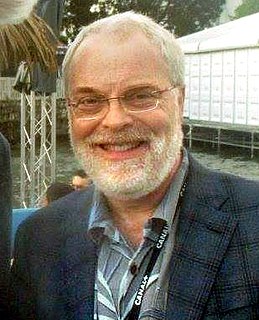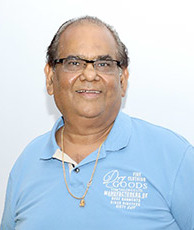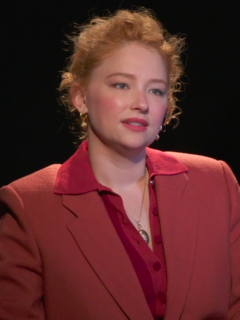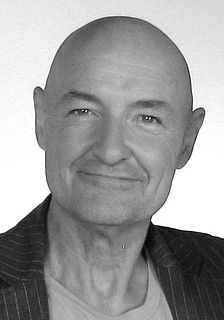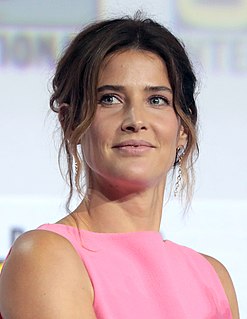A Quote by Sam Neill
I like Taika Waititi a lot. I thought 'Boy' was a really wonderful film, had great resonance. Very sad but also very funny. I thought 'What We Do in the Shadows,' the vampire film, was fantastic.
Related Quotes
This was only Taika Watiti fourth film [Hunt for the Wilderpeople], but I think he brings a very original way of looking at stuff and I think if you look at Boy, for instance, which is a beautiful film, that was his second feature, and it's heartbreakingly sad, but it's also simultaneously very funny. There are not many people who can do that.
We really wanted someone from the culture to sort of do that. And we heard about Taika [Waititi]. We saw his movie Boy, which that he had directed and written and which was great. We read another one of his scripts that was great. And we brought him in, showed him what we were doing. He really liked the idea.
I'm not trying to be self-serving, but you know, you get to Hollywood, and if you want to make something big and loud and dumb, it's pretty easy. It's very hard to go down there and make a film like 'Sideways,' which I thought was a great film. They don't want to make films like that anymore, even though that film was very successful.
This particular one was very, very heartwarming and is the relationship of an older man and a young boy that are essentially on the run. And so yeah, as I say, Barry Crump wrote a lot of books and this one got into the hands of Taika Watiti who then writing the screenplay decided to really vamp up if that's the word, or ramp up and modernize certain phrases - getting in the humor. So he added a lot of a real comedy perspective onto it which is what I think the story needed anyway, especially for it to turn into a film. And it worked.
Well, the film initially - we had decided to pair joy with fear because I don't know about you - for me fear was a major motivator in junior high. So we thought there's probably some good stuff there... As the film went on, we had developed all these great scenes that were really funny, but in the third act, it wasn't adding up to anything.
There's not a formula that I'm following; it's just how I feel at the time. For instance, I did a very experimental film called 'Hardcore Henry,' and that was simply because I thought the filmmaker was very interesting and a risk taker. A film like that had never been made before, so I chose to do that at the time.
I met Michael Snow and Stan Brakhage the second day after I arrived, you know. I had never seen or heard of Brakhage. For me, it was a revolution, because I was well educated in film, but American-style experimental film was known to me in the abstract, and I had seen practically nothing. I had seen a film then that Noël Burch had found and was distributing called Echoes of Silence. It was a beautiful film, three hours long. It goes forever and it was in black and white, very grainy, and I saw that film and I thought...it was not New Wave. It was really a new concept of cinema.
Luckily I had just finished a Marvel film so I was already in a training mentality and then this movie happened and I was really just trying to focus on like as much cardio as possible because in this film I do a lot of running and a lot of running in 100 degree heat in Austinit was like a sprintit was very much like all one shot running around, sprinting. So I had to build up my cardio to be able to get to that place and also not to like, die.


